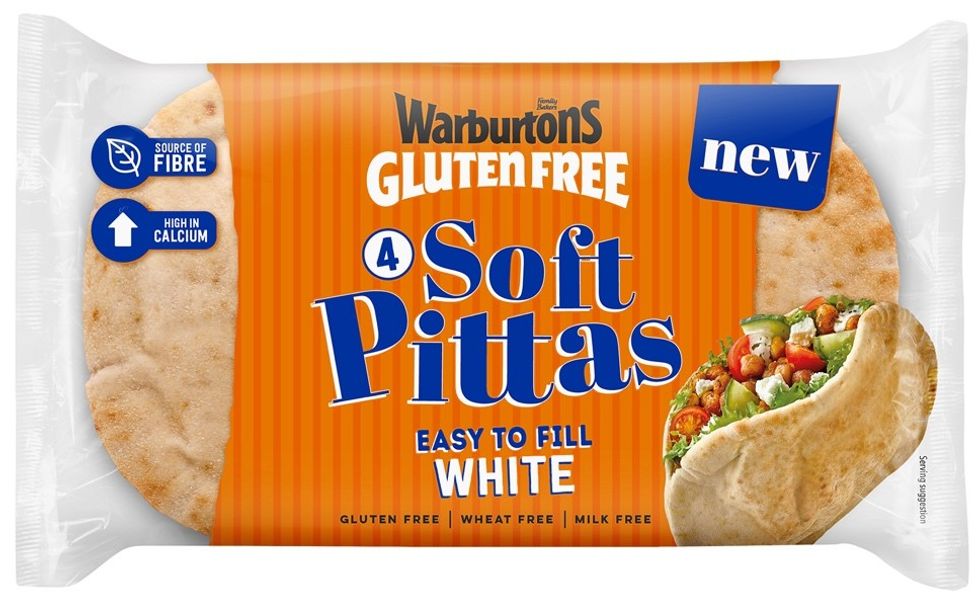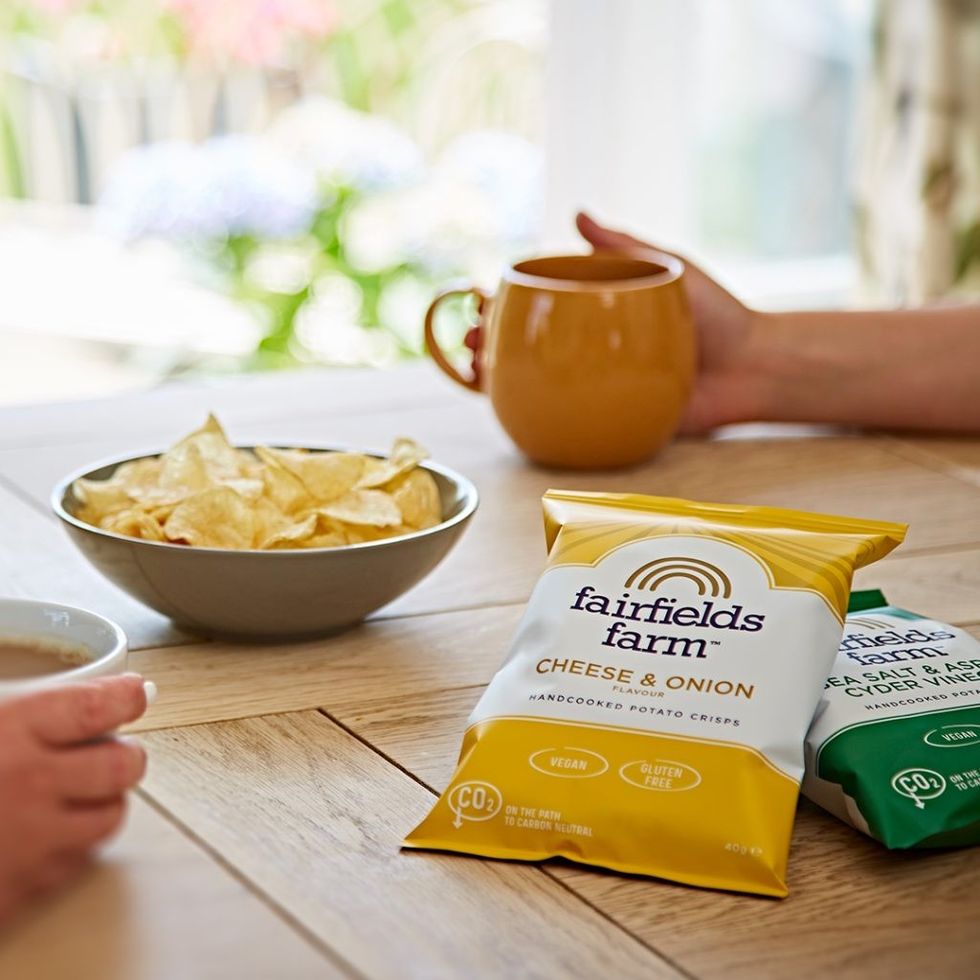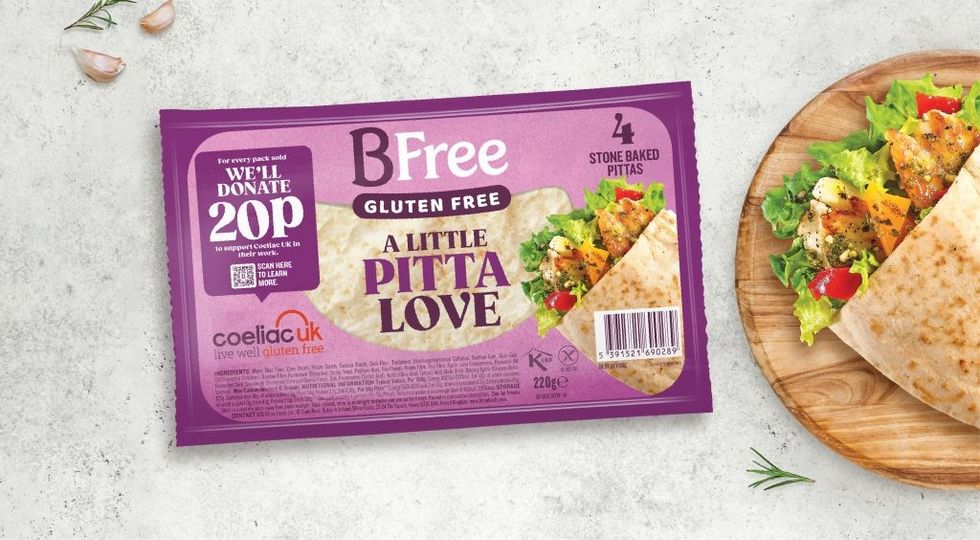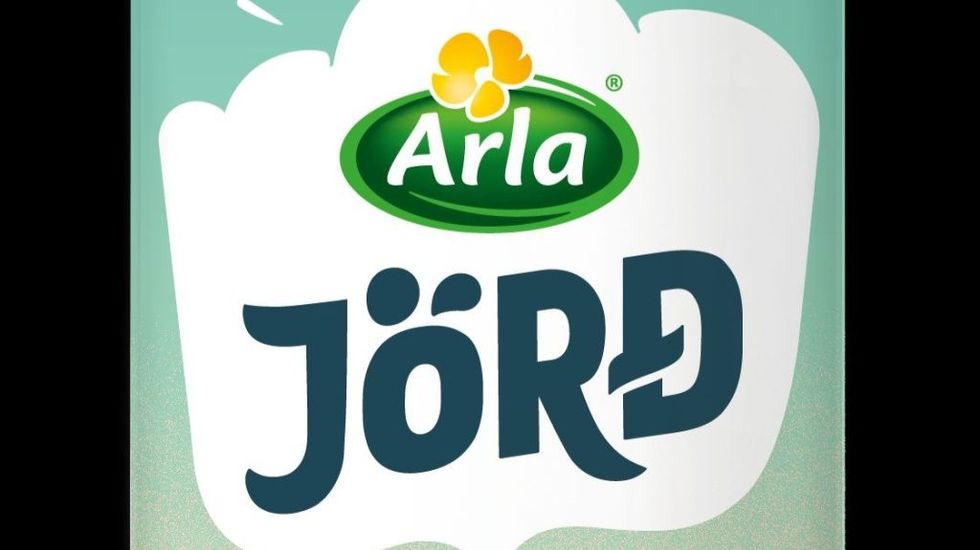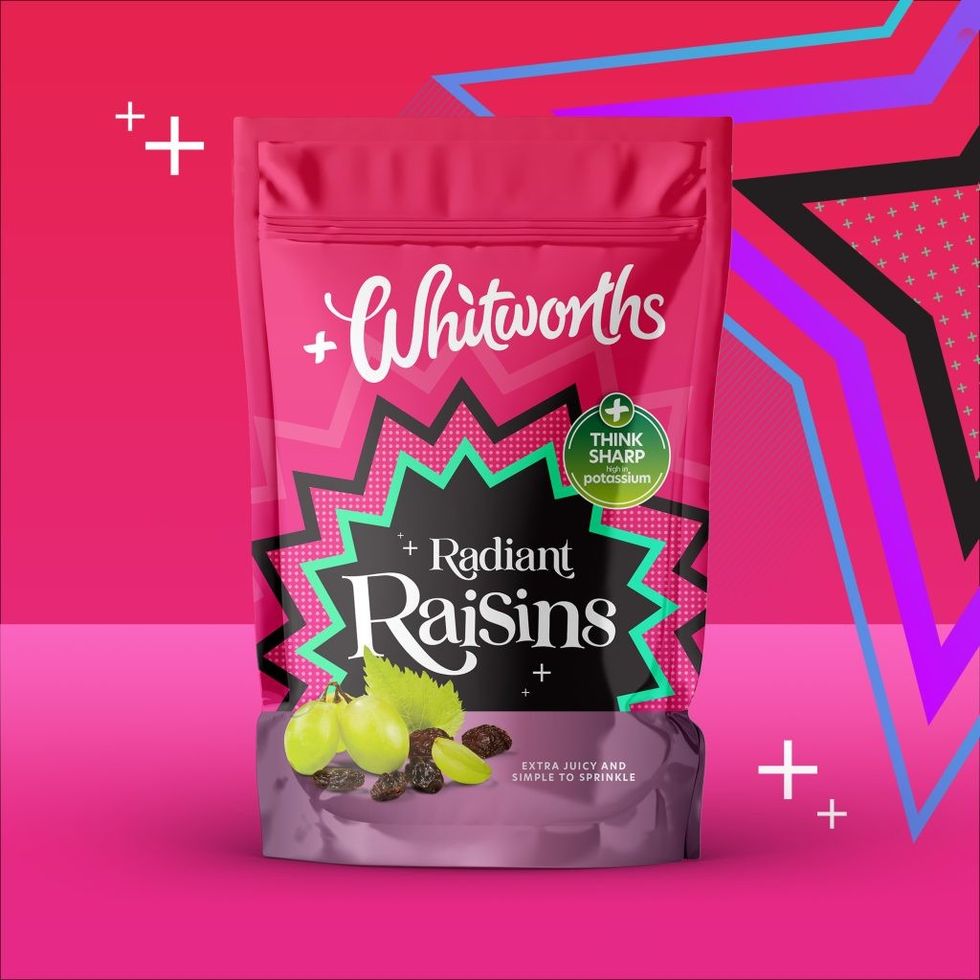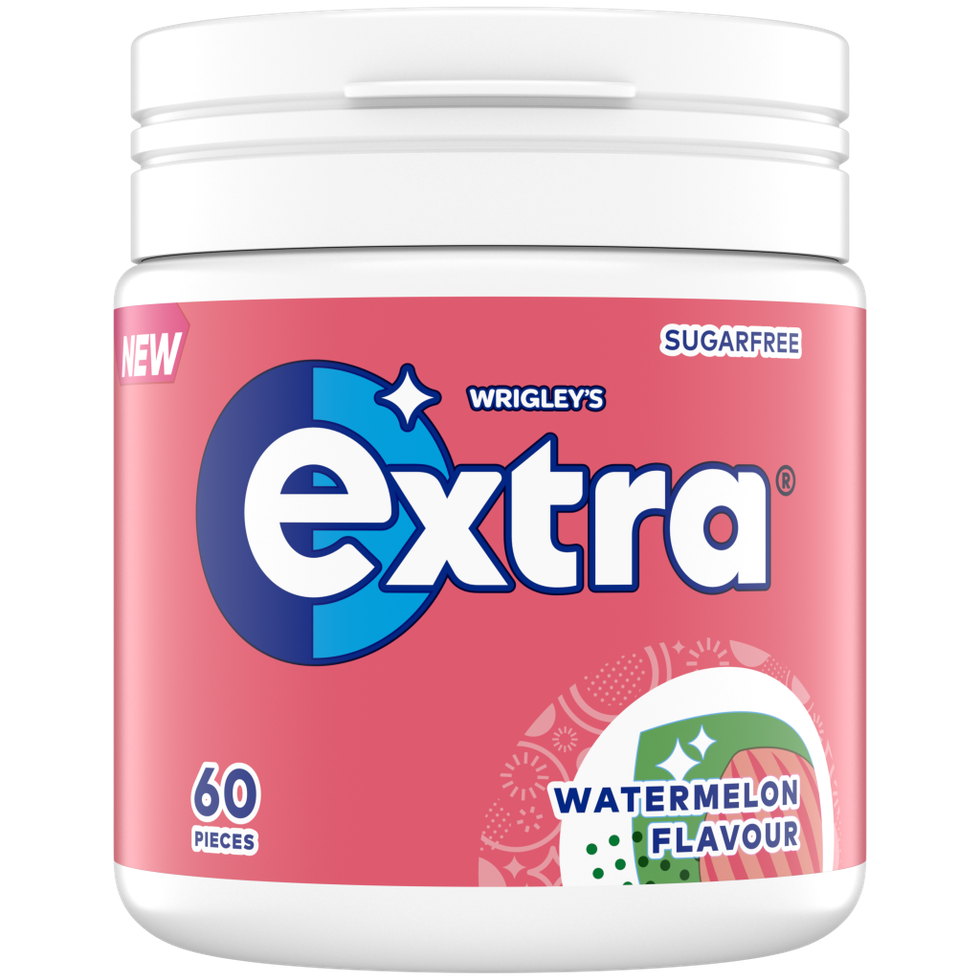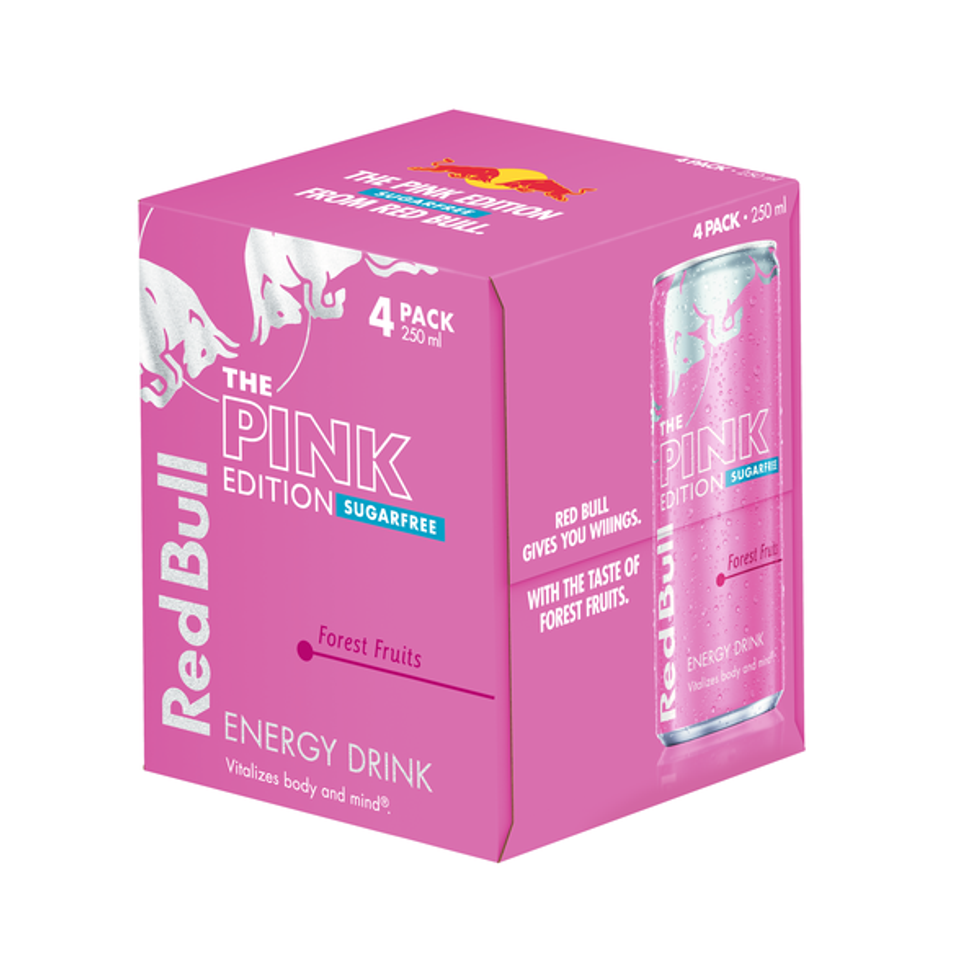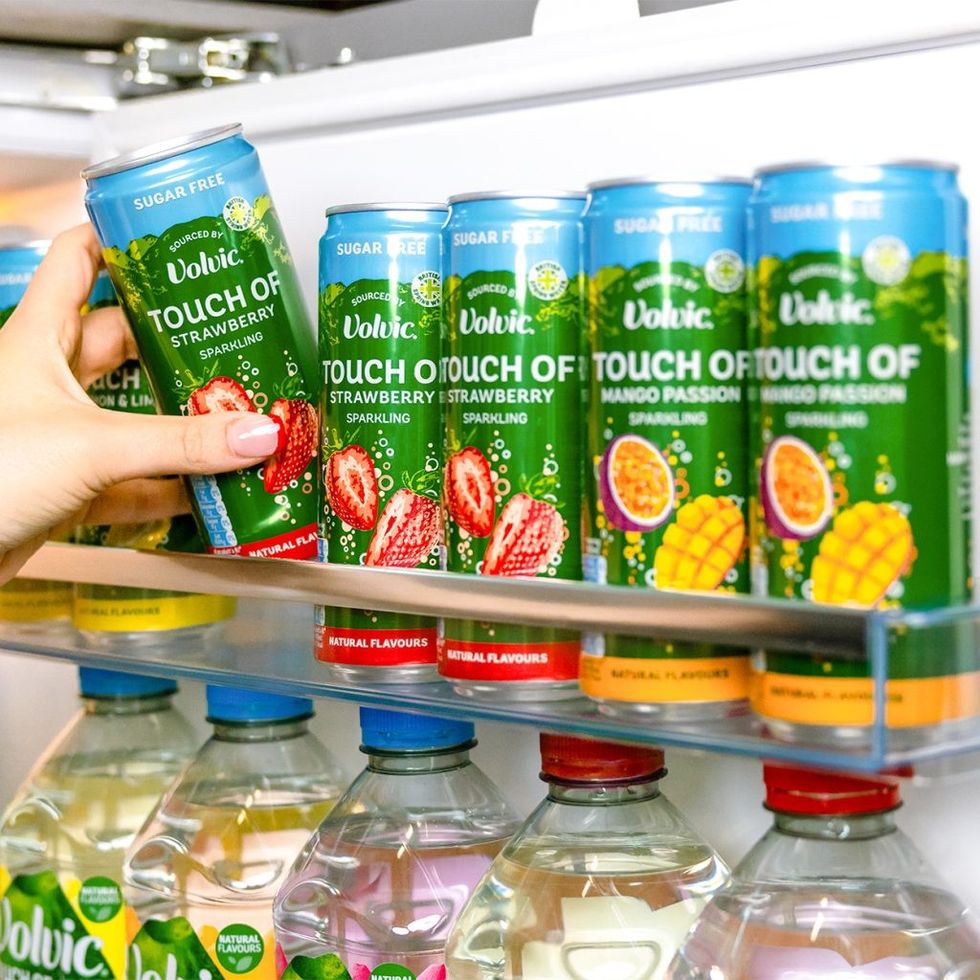Recent years have seen a major change in the nation's health outlook and its eating habits - from where most good health is sustained - and healthy shelves mean healthy profits
In today's health-conscious world, the choices we make about what we eat have never been more significant. As more people seek to improve their well-being through diet, a remarkable trend has emerged: the rise of free-from foods and healthy alternatives. Whether driven by necessity due to food allergies and intolerances, or by a desire to lead a healthier lifestyle, consumers are increasingly turning to products that exclude certain ingredients while offering nutritious benefits.
Free-from foods cater to those avoiding gluten, dairy, nuts, soy, and other common allergens, ensuring that everyone can enjoy delicious and safe meals. Meanwhile, healthy alternatives provide nutrient-rich options that replace less beneficial ingredients with wholesome, natural ones. This movement is not just a passing fad; it represents a fundamental shift towards greater awareness and better living through mindful eating.
The free-from foods sector has experienced exponential growth in recent years, reflecting the significant shift in consumer preferences towards healthier, safer, and more inclusive eating habits. This market encompasses a wide range of products specifically designed to exclude certain ingredients such as gluten, dairy, nuts, soy, and other allergens.

Furthermore, the demand for “clean label” products, which are free from artificial additives, preservatives, and other synthetic ingredients, also drives the sales of free-from foods – as they often meet this demand by emphasising natural and minimally processed ingredients. Trends such as keto, paleo, and low-carb diets also fuel the demand for free-from foods. These diets often exclude grains, dairy, and processed sugars, leading consumers to seek suitable alternatives. Many free-from foods align with vegan and plant-based diets, which exclude animal products and often seek alternatives to common allergens.
The Covid-19 pandemic gave the free-from food market a boost, a pattern seen across various food and drink retail markets. However, the cost-of-living crisis has presented a challenge for this market, as half of UK consumers say they cut back on free-from products when money is tight, according to the UK Free-From Foods Market Report 2022 by Mintel.
Still, the UK free-from food market has grown in value by 8.1 per cent year on year in the year to 16 April 2023, reaching £3.4 billion (Kantar). This has been fuelled by high levels of food inflation, rather than increased demand, as volume declined 1.8 per cent and average price per pack has increased by 10.1 per cent.
As the income squeeze eases, environmentalism is expected to regain focus, seeing free-from foods regain momentum. According to the 2022 Mintel report:
- 26% of UK households avoid dairy products.
- 18% of UK adults have bought dairy substitutes in the past 12 months.
- 70% of free-from consumers believe that improving gut health is a good way to improve immune health.
- 40% of free-from consumers agree that they are more likely to buy products made with sustainably sourced ingredients.
Innovative products
Product development is playing a role in the growth dynamism of the free-from food market. Warburtons, which accounted for 33 per cent of value sales of UK gluten-free bread, cake, morning and baked goods in 2022 (Mintel), has in April launched its latest NPD, Gluten Free Soft Pittas.
Warburtons continues to invest significantly in the gluten-free category as gluten free consumers look for new and more interesting bakery products to make mealtimes more exciting. The launch of Soft Pittas follows recent successful NPD launches including Cinnamon and Raisin Fruity Buns and Super Soft Seeded Rolls which have helped Warburtons take 39 per cent market share of the free from rolls category from a standing start.
With sandwich alternatives increasingly inhibiting category growth (-200k units / -10.1 per cent vs LY), the launch of new Soft Pittas also aims to reinvigorate the struggling but important segment of the free from bakery category, deliver category growth and meet a much needed unmet need for consumers.
As well as being gluten-, wheat- and milk-free, the new Soft Pittas are high in calcium, a great source of fibre and are Coeliac UK certified. The product will be baked in Warburtons’ dedicated Gluten Free bakery in Newburn.
“Everyone should be able to enjoy high-quality bakery products, regardless of dietary restrictions,” said Jonathan Warburton, chairman. “Gluten-free shoppers shouldn’t have to compromise on quality and taste, and our Warburtons Gluten Free range delivers on both. We are thrilled we have been able to recreate a gluten-free alternative to our core range favourite.
“Innovation is critical to the growth of the free from category and to help meet what can often be an uncatered need for many. This is why at Warburtons we are investing significantly over the next three years in our Gluten Free range to grow, evolve and meet ongoing demand to introduce versatile and convenient free-from products.”
Across the snack aisle, Fairfields Farm has just launched their brand new Prawn Cocktail flavour crisps. Like all their other crisps, they are gluten-free and vegan, and Tash Jones, commercial director at Fairfields Farm, says they have been a “smash success, making them our best-ever launch.”
“Shoppers who are free-from aren’t always looking for a compromise on fat, salt or sugar, but instead want to see their favourites from before any dietary or lifestyle changes. That’s why Fairfields Farm offers its gluten-free and vegan crisps in a range which includes Cheese & Onion, Beef, Prawn Cocktail and Bacon-inspired flavours,” she adds.
While larger stores might like to have a dedicated space, research that Fairfields Farm has undertaken found that 62 per cent of free-from shoppers generally prefer to see their options merchandised in the same aisles as their “non-free from” counterparts (Vypr).
“One participant, when asked specifically about why crisps should be in the main snacking space, said simply: ‘Because they are crisps. I would expect to find them in a crisps section’,” Jones explains.
“Admittedly, this can create a challenge in helping products leap out from the shelves at the right people, so some savvy shelf-edge labelling or a fixture within an aisle approach could work well here; for example, grouping all snacks which are suitable for certain dietary type in one location, but still within the main fixture.”
Raising awareness
Last month, gluten-free flatbreads brand BFree supported the Coeliac Awareness Month (May) campaign by donating 20p per pack for every limited-edition purple pack of pitta sold to independent charity Coeliac UK.
Coeliac Awareness Month aims to highlight the symptoms and risk factors of coeliac disease, and the importance of getting tested. Over the course of Coeliac Awareness Month, BFree aimed to raise £26,000 for Coeliac UK and promote the campaign through on-pack messaging and initiatives.
BFree’s limited edition “A Little Pitta Love” packs featured information about Coeliac UK and a QR code to learn more about coeliac disease, whilst 20p from every pack sold will be donated to Coeliac UK to fund its vital work for the coeliac community.
“We are passionate about supporting the coeliac community and so it was a natural step for us to get involved in Coeliac Awareness Month. At BFree, we’re all about what can be added to life, not what’s taken away, and we know what a big difference diagnosis can make for those unknowingly living with coeliac disease,” Alex Murphy, BFree chief executive, said.
There’s an estimated 500,000 people in the UK who are living with undiagnosed coeliac disease – a serious autoimmune condition affecting 1 in 100 people, yet only 36 per cent of those affected are medically diagnosed. When people with this condition eat gluten – a protein found in wheat, barley and rye – their body attacks its own tissues. If left untreated, it can cause gut damage and serious health complications.
Dairy alternatives
The dairy-free sector has an opportunity to increase its free-from foods market share as consumers continue to look for ways to reduce their environmental impact. Tapping into this trend, Upfield, global leader in plant-based foods, has earlier this year unveiled the world’s first plastic-free, recyclable tub for its plant butters and spreads.
Following four years of innovation, in collaboration with Footprint, MCC and Pagès Group, this introduction marks the beginning of Upfield’s transition to a paper solution across its portfolio, delivering on the company’s ambition to reduce plastic content by 80 per cent by 2030.
Initially launched in Austria with Flora Plant towards the end of 2023, Upfield expects further scaling of its paper solution, aiming to replace up to two billion plastic tubs by 2030, avoiding more than 25,000 tons of plastic waste per year.
The pioneering paper tubs were developed with Upfield’s research and development team utilising Footprint’s material sciences technology. They are made from compressed wet paper fibres and are waterproof, oil-proof, and recyclable in local paper waste streams. The tub has received Conventional Plastic Free Certification and uses paper from a PEFC-certified supplier. Upfield expects the packaging to achieve home compostability certification by 2025.
“When we established Upfield, innovating our way out of plastic tubs was our moon-shot and I am very proud of all Upfielders that continue to work towards this goal,” David Haines, group chief executive for Upfield, commented.
“Consumers today demand products that benefit both people and the planet. Our plant butters and spreads do exactly that. We’re excited about the potential to launch this across our most iconic brands in some of our most important markets.”
Unlike many paper packaging solutions, Upfield’s paper tubs do not have a plastic liner so they can be recycled along with other paper and cardboard household waste, as verified by a leading European recycling company.
Meanwhile, leading dairy cooperative Arla Foods has re-launched its plant-based brand JÖRĐ as Arla JÖRĐ. As part of this re-launch, the packaging design has been updated to feature the Arla brand, creating consistency with other Arla products such as Arla Cravendale and Arla LactoFREE.
The brand will continue to focus on offering great tasting, nutritional products and as such, Arla JÖRĐ will now be fortified with vitamins D and B9, as well as being a source of fibre.
“Last year, we launched our first-ever Masterbrand TV advert as part of a strategic push, helping consumers connect Arla with its sub-brands. It’s our ambition to continue to build momentum behind the Arla brand and we are excited to be officially bringing JÖRĐ into the Arla family,” Stuart Ibberson, Arla brand & sustainability director, said.
“The reception amongst our research groups has been positive, as the re-launch strengthens the Arla brand in the eyes of shoppers and builds further trust in JÖRĐ. Dairy will always be at the heart of our cooperative business, but we are continuing to give shoppers the opportunity to make their plant based choices within the Arla brand.”
The JÖRĐ brand has established itself as a strong contender in the plant based category, worth £7.9m, growing faster than the total oat based category. The UK re-launch of Arla JÖRĐ is being supported with a marketing campaign.
DFNS in five-a-day
A recent independent report, commissioned by Whitworths, has revealed the vast benefits of dried fruit, nuts and seeds (DFNS) in tackling some of the major health issues affecting the nation, such as heart disease, Type-2 diabetes and certain cancers.
As recommended by the findings of the report, adding dried fruit, nuts and seeds to the government’s five-a-day campaign could help the worsening chronic disease burden faced by society and as a result, ease the pressure on the nation’s healthcare services.
During a panel discussion at a launch event for the report, Henry Dimbleby, National Food Strategy author and co-author of The School Food Plan agreed that it’s “preposterous” that nuts and seeds are not included within the government’s five-a-day guidance.
Currently the nation’s five-a-day average consumption is less than three-a-day so there is great potential for the category to get the important nutritional benefits of dried fruit, nuts and seeds recognised and added to a person’s daily target. By championing their inclusion within the government’s 5-a-day messaging the hope is to offer a low-cost and convenient way to increase the average daily consumption. Even a small increase to average consumption would have a dramatic impact. For example, shifting the current five-a-day consumption average from three to 3.25 offers a huge opportunity for the DFNS category.
If everyone adopted this new behaviour it would equate to 6.2 billion additional servings of dried fruit, nuts and seeds and deliver incremental category value of £1bn.
As the leading brand in the DFNS category, Whitworths is leading the charge and has announced its commitment to improving the nation’s health by promoting both a mindset shift and more importantly a legislative change to recognise nuts, seeds and dried fruit as a key part of the five-a-day allowance.
“By promoting dried fruit we want to help assist consumers in achieving their recommended target of fruit and vegetable intake. In addition, our aspiration to get nuts and seeds included in the five-a-day guidance and ongoing public health campaigns would allow greater variety and a tasty, convenient way for consumers to fulfil this target; lowering their risk of many chronic diseases and helping to relieve the social and economic impact of the disease burden faced by society today,” Mark Fairweather, chief executive at Whitworths, said
The report, authored by distinguished biochemist Dr Max Gowland, revealed that the potential benefits of nuts, seeds and dried fruit include a reduction in the risk of heart disease, diabetes, colon cancer and cholesterol. Incorporating dried fruit, nuts and seeds in the everyday diet, over snacks high in sugar, salt and fats, can also help tackle fatigue, mental performance and even depression.
While dried fruits are actually included within the government’s guidelines they are often overlooked in favour of their fresh fruit alternatives. Similarly, the report provides compelling evidence that nuts and seeds form part of a healthy balanced diet, however they are not classed as a fruit or vegetable and therefore not seen to make up the five-a-day.
Following the findings the DFNS category has a huge opportunity to help improve the mental and physical health of the nation by simply enjoying nutrient dense dried fruit, nuts and seeds. Fairweather said Whitworths understand the responsibility it has, as a leading player in the category, in supporting retailers and ultimately shoppers in making more informed choices about the foods they are buying.
Whitworths also recently launched new packaging to assist in changing the way the nation thinks about dried fruit, nuts and seeds.
“Our new packaging places the spotlight on dried fruit, nuts and seeds as powerful sources of macro and micro nutrients – something deficient in most of the nation’s diets. This could unlock millions of incremental usage occasions for the category, potentially revolutionising UK eating habits” continued Fairweather.
The brand’s lobbying activity is currently underway and will be backed by a £2m marketing campaign which includes the new transformative visual branding, TV and digital media investment along with NPD launches.
Sweet sugar-free sales
The market for sugar-free products is expanding rapidly as innovations in food technology and growing consumer demand for healthier options have led to a diverse range of products that cater to various dietary needs and preferences. From sugar-free chocolates to keto-friendly snacks, the options are abundant and continue to grow.
Earlier this year, Mars Wrigley launched a new gum innovation nationwide, Extra Sugarfree Watermelon, in response to sustained growth within fruity gum.
Backed by a £2.1m campaign media spend supporting the total fruit range including Refreshers, this is the brand’s first-ever Watermelon flavour, demonstrating its commitment to bring new consumers into the category.
Over-indexing with millennials and Gen Z audiences, fruity gum is the fastest-growing gum segment with a 25 per cent increased rate of sale. A third of fruity gum shoppers buy only fruity gum, and 70 per cent of fruity gum growth has been incremental to the gum category.
“Our new Watermelon flavour is a bold new addition to our fruity gum range, arriving at a time when consumer demand for fruit flavour gum is enjoying a growth period,” Lucy Sherlock, senior brand manager, Extra, commented.
“We’ve observed a surge in the popularity of fruity gum, now the fastest growing gum segment. Watermelon is our strategic response to this trend, meeting current consumer preferences whilst attracting a new, younger audience with an expanded range of fruity flavours.
“We’re supporting the launch with a new national campaign giving shoppers a chance to win mood-boosting breaks when they vote for their favourite fruity flavour. This includes a media spend of over £2.1m, so stock up for spring sales now.”
Baking brand Betty Crocker has announced a ground-breaking addition to its much-loved portfolio; delicious, sugar-free cake mix.
Available in Betty Crocker’s iconic, great-tasting Chocolate and Vanilla, the innovative “Bake Smart” range leverages the brand’s existing status as the leading player in the home baking arena with a 41 per cent value share , whilst increasing choice and addressing the needs of health-conscious consumers.
The first-of-its-kind in the home baking space is backed with shopper in-store and online support as well as tactical social media influencer activity.
“This is truly a landmark moment for Betty! Bringing our revolutionary Sugar-Free Cake Mix to the market, proves yet again why we are the UK’s number one baking brand,” said JP Del Carmen, head of snacks and baking UK at General Mills. “With the launch of our chocolate and vanilla variants, we’re demonstrating to customers that reducing sugar doesn’t have to mean sacrificing great taste.”
Soft drinks manufacturers have also been increasingly tapping into the demand from sugar-free products with new launches.
Following the continued growth of its Editions range, Red Bull has announced the launch of a new permanent Sugarfree Edition this summer. Exclusively available now with Booker, before rolling out nationwide on 1 July, Red Bull Pink Edition Sugarfree combines the tastes of raspberry and other forest fruits, complemented by exciting herbal notes of verbena.
It is the second new variant introduced by the brand this year and the first fully sugar-free flavour in its portfolio, aiming to attract new shoppers to the category.
The demand for flavoured energy drinks has never been stronger, selling on average 38 per cent more units per store vs two years ago [Nielsen Scantrack]. Shoppers continue to seek out innovation with 83 per cent of energy drink consumers wanting to buy across a variety of flavours [Appinio] and Red Bull has been successfully tapping into this demand with new and exciting flavour options.
Red Bull Editions have been largely incremental to the brand with 50 per cent of Edition buyers being new to Red Bull as they grow their flavour offering. This has enabled Red Bull Editions to recruit shoppers fast, with 2.8 million buying the brand, growing seven-fold in just two years [Kantar Worldpanel].
Sugarfree continues to be a key part of the functional energy category with sales growing by 24 per cent over the last year [Nielsen Scantrack] and Red Bull said the brand is well placed to deliver this demand, with Red Bull Sugarfree selling more units than any other unflavoured sugar-free functional energy variant.
To ensure it continues to meet this demand across the full range, the brand is now leveraging the sugar-free need across the flavoured part of its portfolio, with Red Bull Pink Edition delivering the first fully Sugarfree Edition.
With shoppers seeking healthy hydration options and the flavoured sparkling water category in strong growth, Volvic has launched of its latest innovation, Touch of Fruit Sparkling Sugar Free.
Touch of Fruit Sparkling Sugar Free combines British spring water with delicious natural fruity flavours, bursting with bubbles for a refreshing taste experience. Within flavoured sparkling waters, 76 per cent of value sales come from private label and there is space for a mainstream player to provide more choice within this segment, the brand claimed.
Health is front of mind for consumers, with 57 per cent of UK consumers agreeing they are taking steps to limit or reduce the amount of sugar in their diet. But taste remains key, with one in four saying they would increase their fluid intake if they found a drink that appealed on taste. With less than five calories per 330ml serving, shoppers can enjoy the brand-new drink in a convenient can format, in three delicious flavours: fruity Strawberry, tropical Mango Passion, and zesty Lemon & Lime.
The brand will be backed by a 360° campaign across Touch of Fruit still and new sparkling with £5m investment.
“As consumers continue to choose health-conscious products, Touch of Fruit Sparkling embraces this trend, offering a delicious and refreshing beverage that is sugar free without compromising on taste,” Gemma Morgan, category marketing director beverages at Danone, said.
The free-from foods market is projected to continue its rapid growth, driven by ongoing trends and consumer preferences. Innovations in food technology and ingredient sourcing are leading to more diverse and appealing products. Additionally, mainstream adoption by major food brands is making free-from foods more accessible and affordable.
Retailers can capitalise on this growth by expanding their free-from product lines, offering dedicated sections for easy shopping, and providing clear labeling and information to educate consumers.



